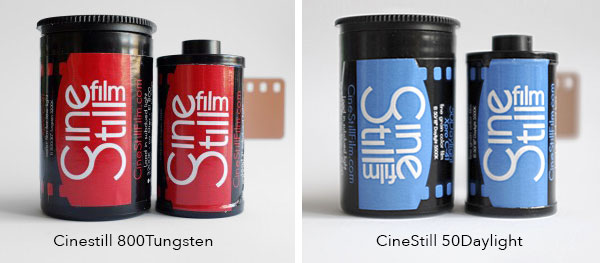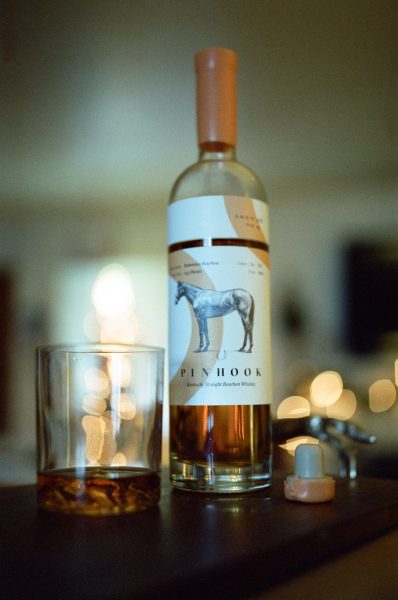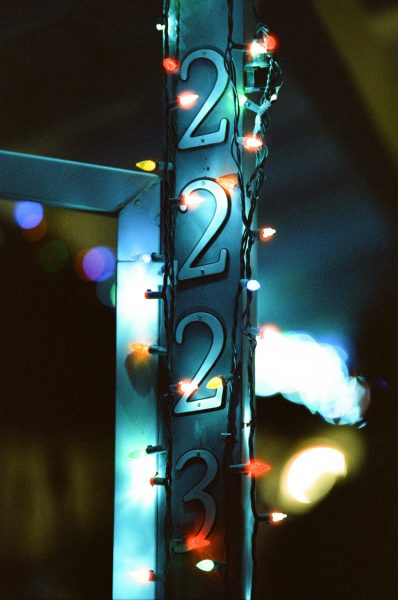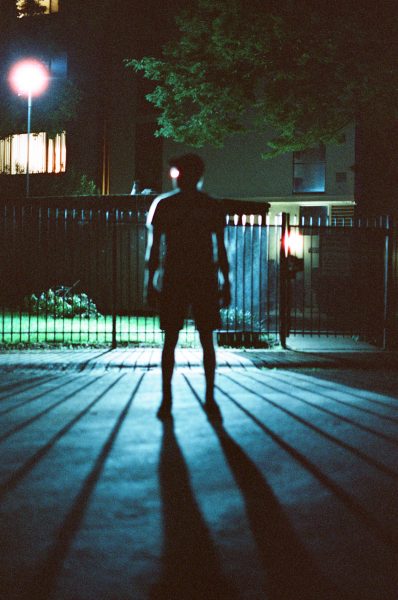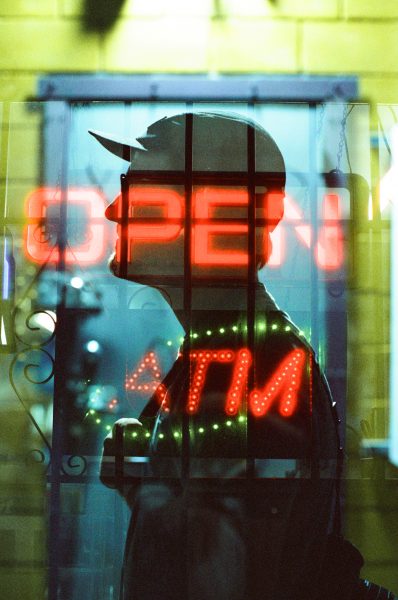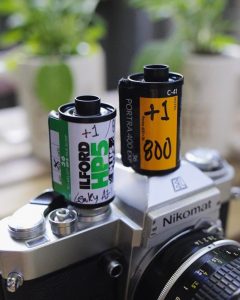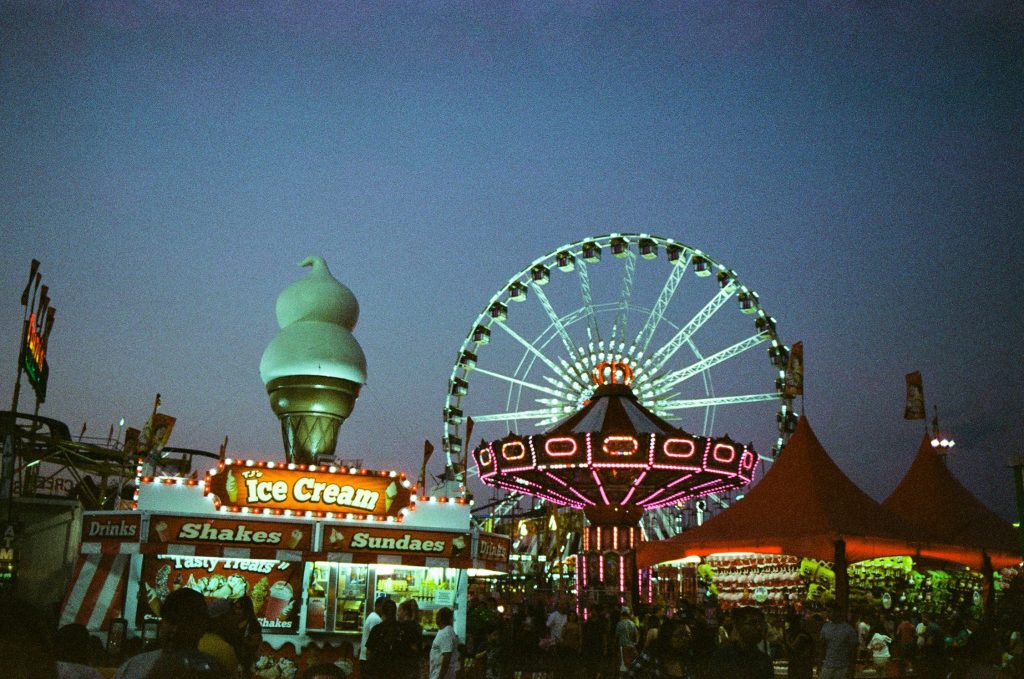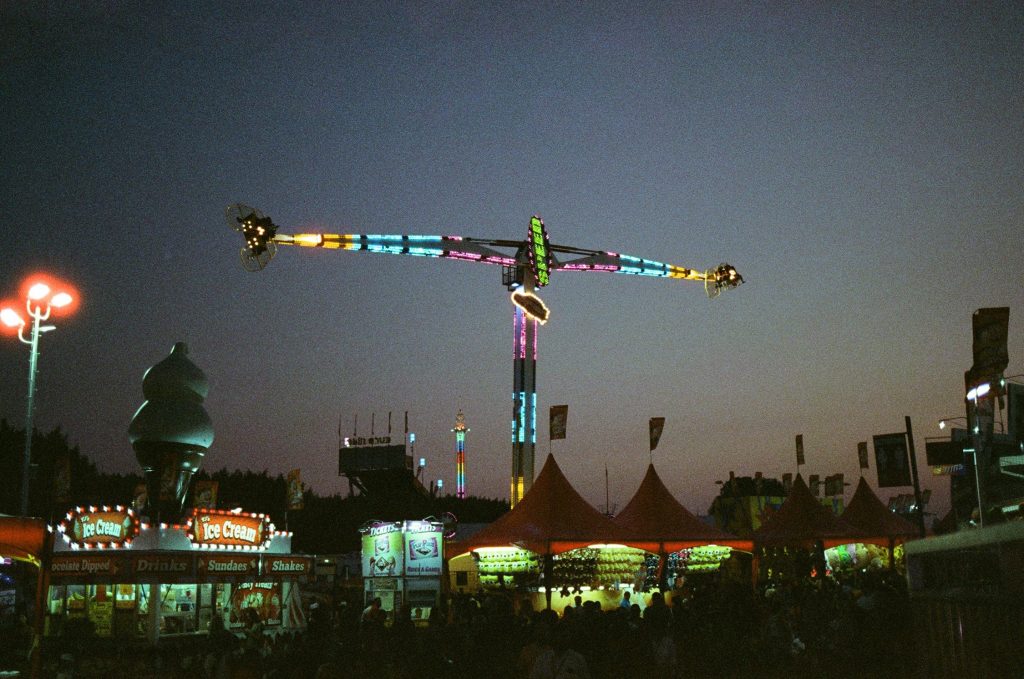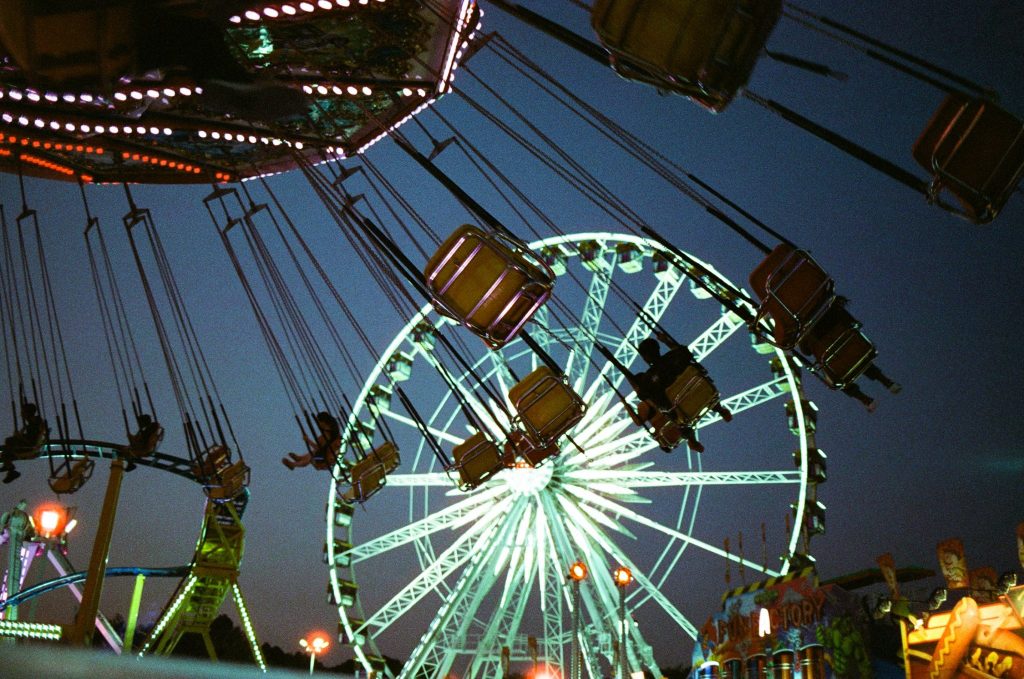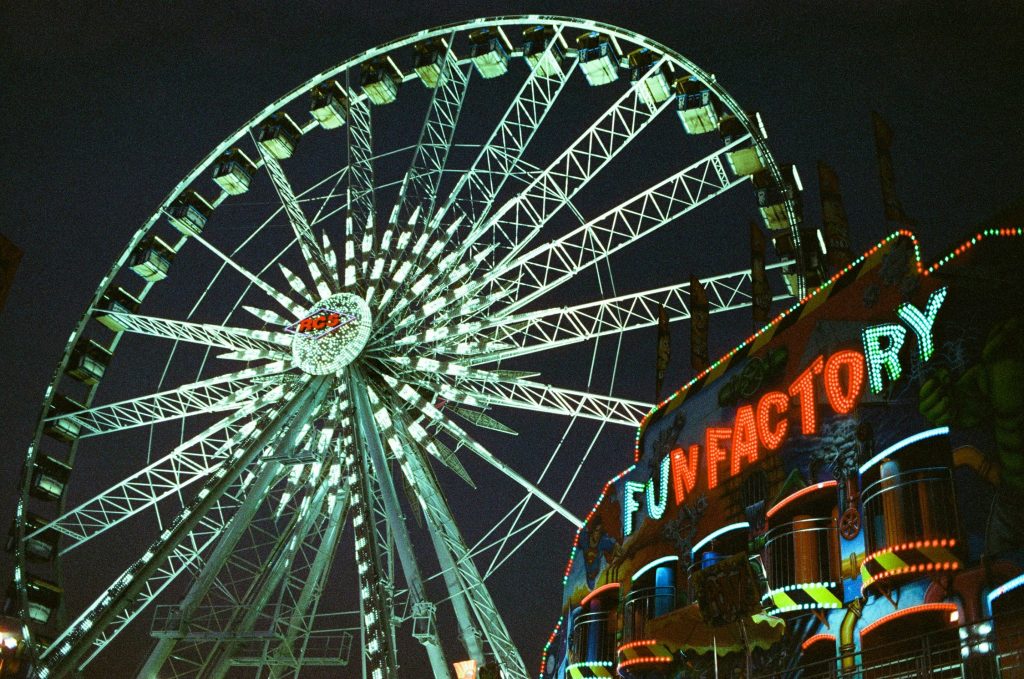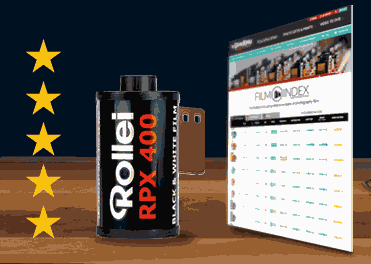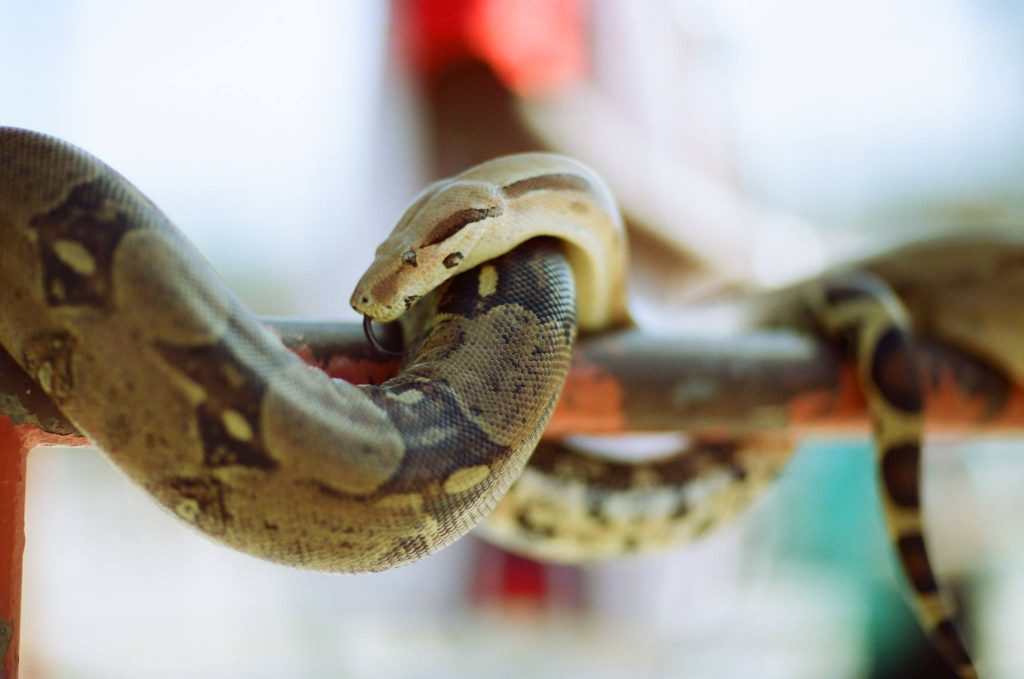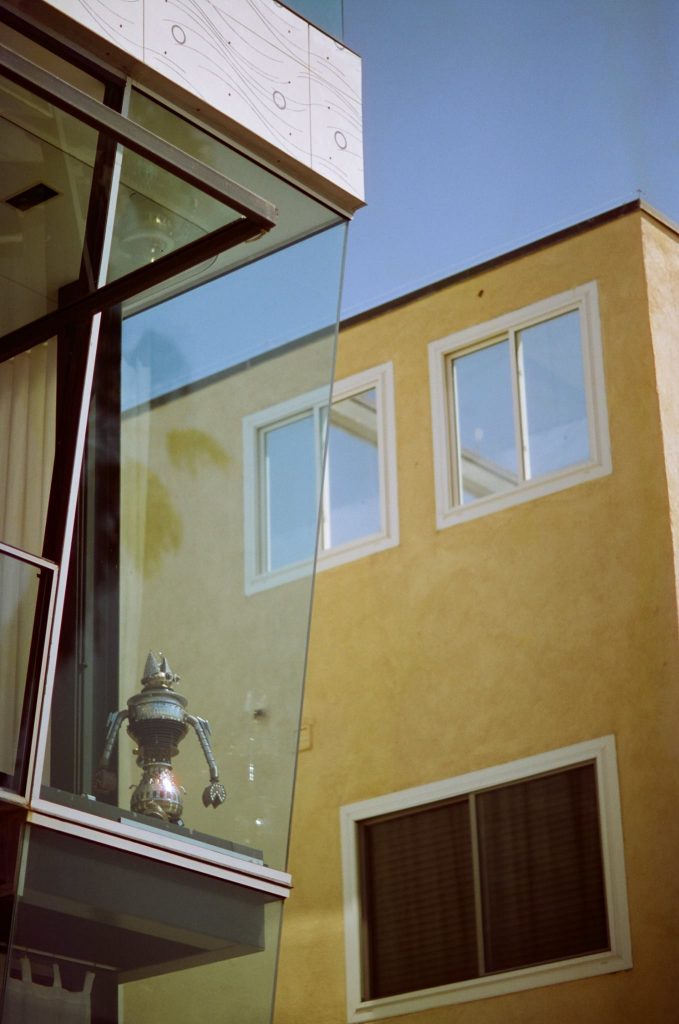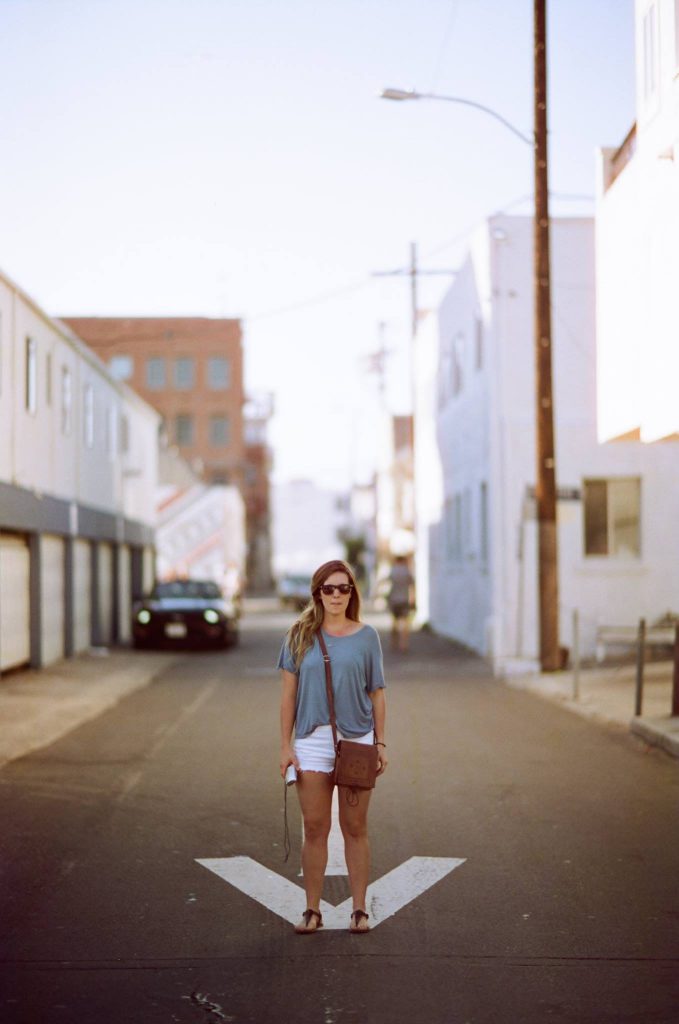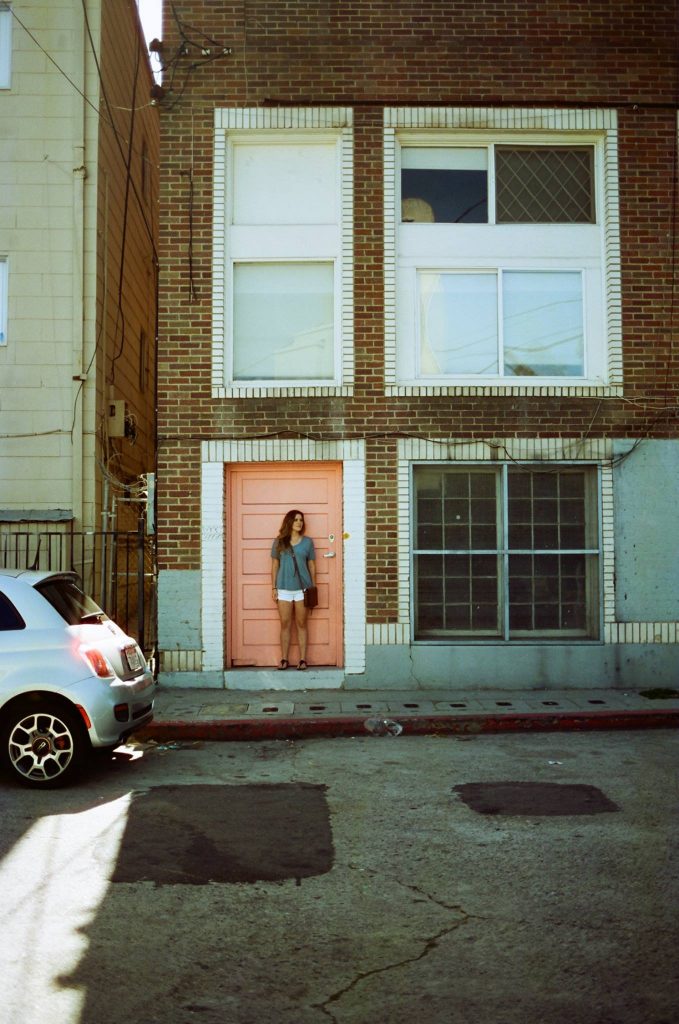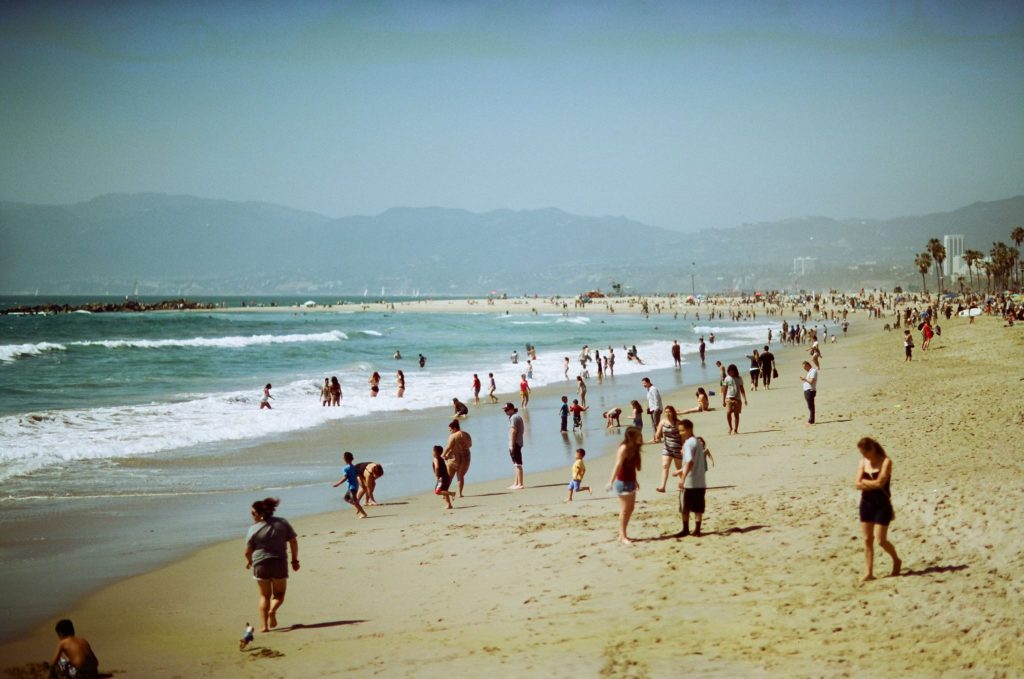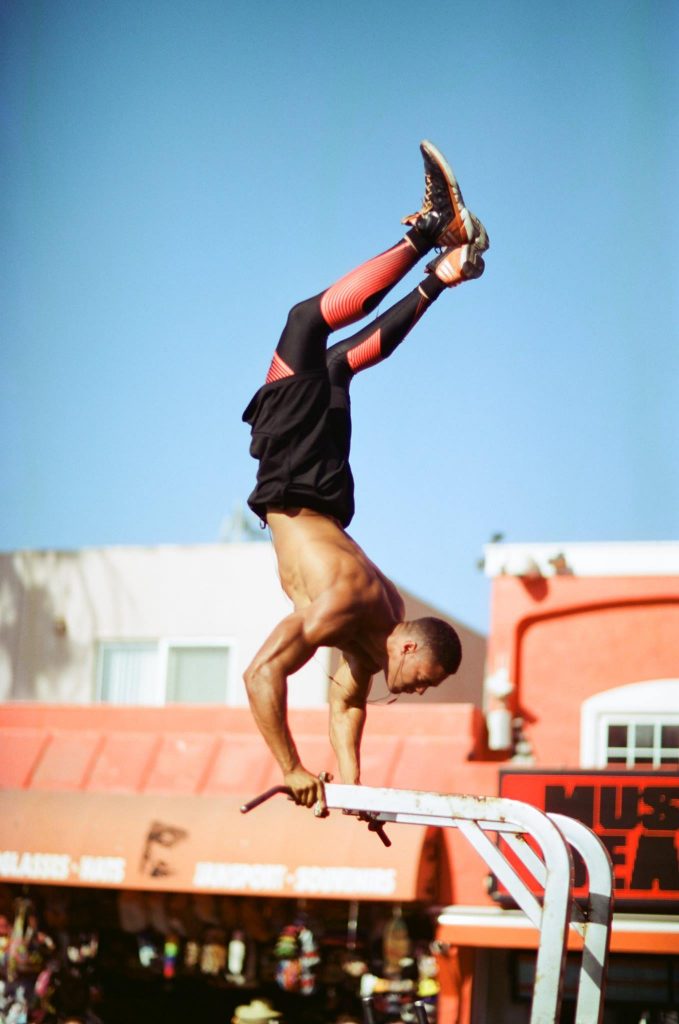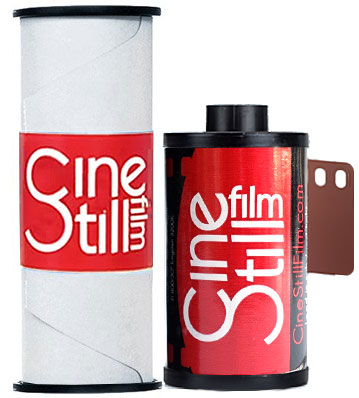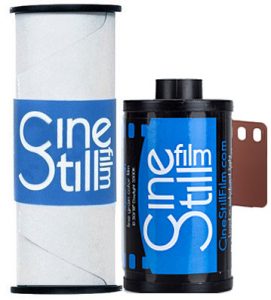The Darkroom outlines everything you need to know about CineStill 50D & 800T C-41
This is Part 1 of a 2-part series on CineStill film – CineStill Film Overview Part 2
CineStill is a popular company amongst film photographers. Since 2012 the company has been working with film manufacturers to make cine film for enthusiasts. This is one of the many reasons why photographers flock to them. In their range, there are two main C-41 types of Cinestill film we would recommend, the CineStill 800Tungsten and the CineStill 50D (Daylight). Both have different pros and cons, which we will explore in this article.
An Introduction to CineStill 800Tungsten Film
With an ISO of 800, CineStill 800 Tungsten is ideal for capturing low light and fast action under tungsten lighting. CineStill’s heritage comes from Kodak’s Vision 3 motion picture film, which uses a traditional ECN-2 motion picture processing. The CineStill 800T adaptation utilizes a C-41 processing method. CineStill takes advantage of a C-41 process by reengineering the film, which provides a much greater exposure latitude. There’s also latitude for lower ISOs. Photographers can push the film up to three stops from ISO 800 to ISO 3200.
CineStill recommended ISO and acceptable exposure for push processing
What Should You Expect When Shooting With The CineStill 800Tungsten?
Photos shot with 800Tungsten film
An Introduction to CineStill 50D Film
Unlike CineStills 800Tungsten film, the 50D is daylight balanced. It is one of the main differences between the two films. The 50D film, developed alongside Kodak, provides cine film access to still photographers who may be familiar with the original Kodak’s Vision 3 50D (known as Kodak 5203/7203). The development of a stills cine film has proved to be welcoming to everyone involved. Although the CineStill 50D isn’t as popular as the 800T, don’t underestimate the stunning pastel colors this film produces.
Unlike CineStills 800Tungsten film, the 50D is daylight balanced. It is one of the main differences between the two films. The 50D film, developed alongside Kodak, provides cine film access to still photographers who may be familiar with the original Kodak’s Vision 3 50D (known as Kodak 5203/7203). The development of a stills cine film has proved to be welcoming to everyone involved. Although the CineStill 50D isn’t as popular as the 800T, don’t underestimate the stunning pastel colors this film produces.
What Should You Expect When Shooting With The CineStill 50D?
You shouldn’t have trouble tracking down this film compared with the CineStill 800T. While many photographers may not know about the 50D, it’s worth purchasing a roll to see the results for yourself. At ISO 50, the emulsion holds true to a cinematic look. There’s a very fine grain with plenty of detail. When comparing against the 800T, there isn’t as much exposure latitude at higher ISO, but the 50D still performs.
Who is The CineStill 50D For?
The CineStill 50D film is made for photographers who want a cinematic look to their portraits or landscape images when shooting in daylight conditions. The CineStill 50D film was developed in consultation with Kodak so still photographers could gain access to what cinematographers have been using for years. Processing is accessible for still photographers thanks to the Remjet removal in the manufacturing process. It means C-41 chemistry can be used to develop with ease.
Photos shot with 50D film
CineStill 800Tungsten Features
We recommend this film for photographers who want a rich red under base tone when shooting under halogen lighting. This film is incredibly popular amongst the street photography community.
- Made for shooting in tungsten environments
- Superfine film grain
- Balanced at 3200 K
- C-41 processing makes cine film accessible to photographers
- Can push film up to three stops to ISO 3200
- Desirable halation effect present under high contrast lighting.
- DX-Coded cartridges factory boxed and spooled
- Ramjet backing free
Cinestill 800T
CineStill 50Daylight Features
The CineStill 50D film is made for photographers who want a cinematic look to their portraits or landscape images when shooting in daylight conditions.
- Excellent for portraits and landscapes
- Very fine grain with high detail
- 5500 Kelvin Daylight balanced
- Promotes a pastel color palette
- Detailed highlight and shadow details (promotes a great S curve)
- DX-Coded cartridges factory boxed and spooled
- Enhanced Scanning Performance
- Ramjet backing free
Cinestill 50D
Which Film Should You Use and Why
Both the CineStill 800T and 50D offer a new world of shooting opportunities. Either film provides a cinematic look so your images will stand out, and you can’t go wrong there. However, your decision on which film to use will all come down to the shooting environment you are going to be in. Our advice is to buy one of each to test and compare the results for yourself.
50D ideal for portrait photography in daylight conditions
800T is well suited for street night photography or indoor environments
If you are a portrait photographer, then chances are you’re going to want to use the 50D in daylight conditions. 50D produces beautiful pastels with rich grain. Whereas if you were carrying out a shoot at night or in an indoor environment, the 800T is well suited. Street photographers also will love the 800T purely for the halo effect around lights or neon signs as well as the cinematic look. The red halos around the lights add to the image and give it an edge you might be looking for.





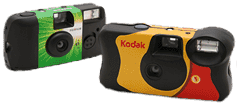
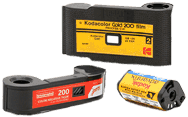
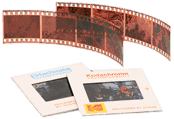
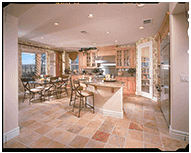



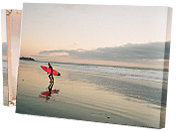

 Gift Cards
Gift Cards Film Index
Film Index FAQ
FAQ Desktop Framed Prints
Desktop Framed Prints